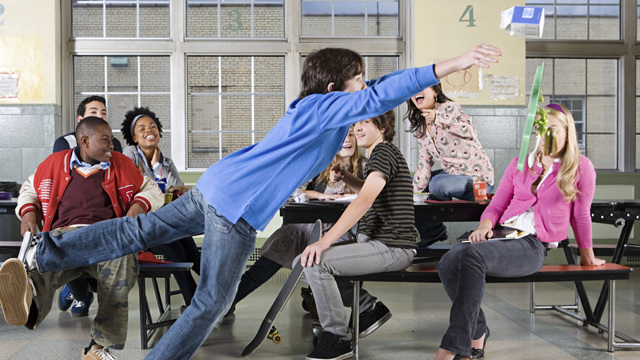Still, bullying very much exists in schools, and bystanders do not always intervene to stop what is happening. How does moral reasoning, moral disengagement and defender self-efficacy affect how children and adolescents act?
The aim of the “bullying and morality” project is to investigate bullying in relation to children and adolescents’ morality, particularly in terms of moral reasoning, moral disengagement, callousness, and uncaring. Studies in this project have focused on different aspects of children and adolescents’ morality.
One aspect is how basic moral sensitivity, moral disengagement and defender self-efficacy are related to different bystander behaviour. Another aspect is school children’s judgements and reasoning about bullying and other repeated transgressions when school rules regulating these transgressions have been removed in hypothetical school situations. Ongoing studies in this project is made in collaboration with researchers at the University of Padua, Italy.
A range of theories is used such as the social domain theory on moral development, the social-cognitive theory of moral agency, and the callous-unemotional trait framework. As outlined in Bandura’s social-cognitive theory of moral agency, moral disengagement refers to such socio-cognitive processes through which people can disengage from moral control and thus commit inhumane acts toward other people without suffering feelings of guilt or remorse. This project has been accomplished across a set of studies, and more publications are planned.



